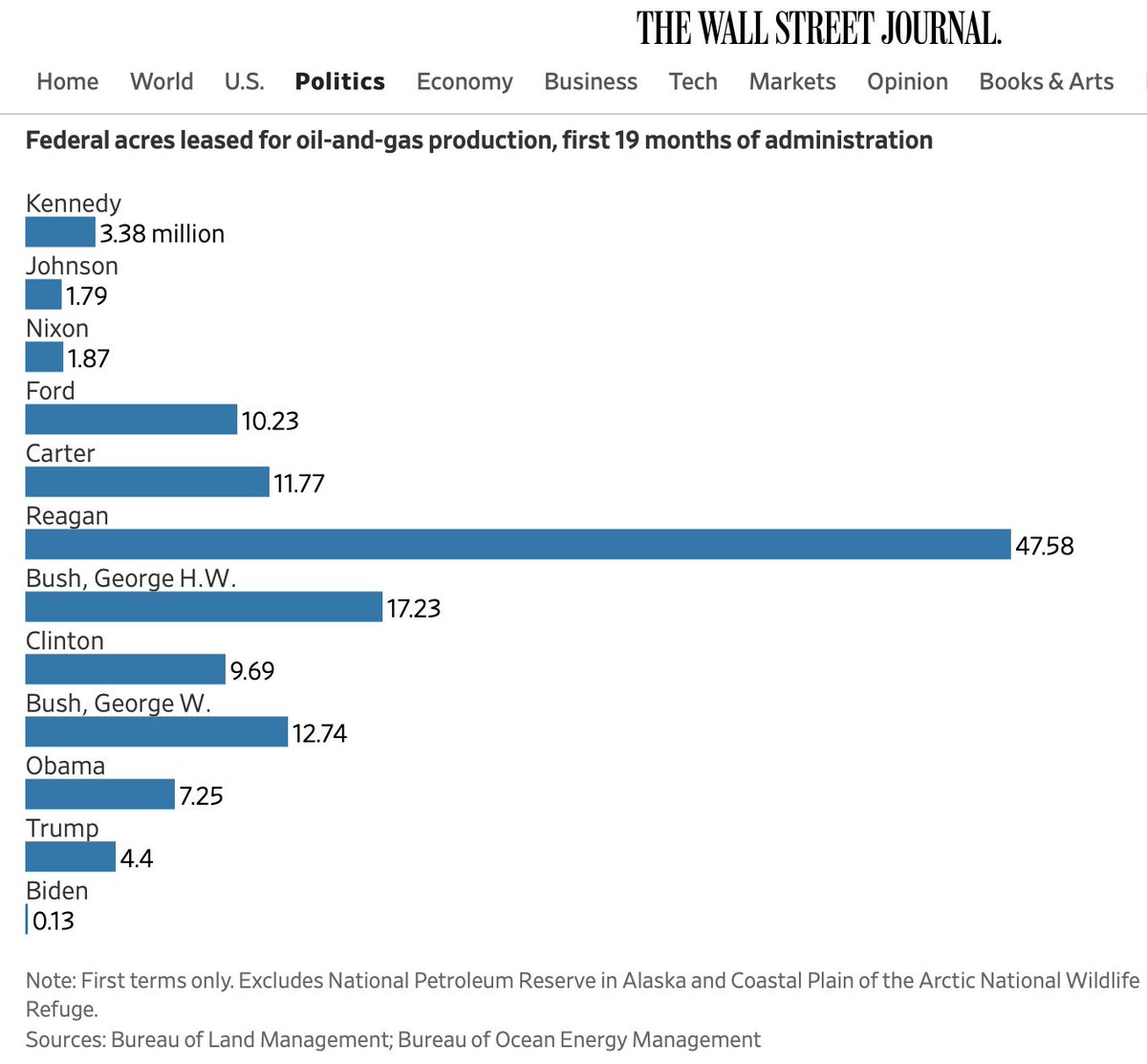
There is a life-or-death issue facing New Mexicans. It has been widely reported on in the media and is important to New Mexicans from all walks of life. Voters will have a lot to say about it this November. The issue is our shortage of medical professionals.
If you live in rural New Mexico you have likely faced severe challenges in finding specialists for years, but according to one recent report, 32 of New Mexico’s 33 counties (excepting Los Alamos) face a shortage of primary care physicians. This doesn’t even consider the shortage of specialists which is even more pronounced in certain fields.
Reports have reiterated the fact that (as our population ages and our doctors age as well), our State faces an even greater need for doctors in the years ahead.
Like most challenges facing New Mexico, poor public policy is a problem. The most obvious reform needed is for the Legislature to repeal HB 75, which passed in the 2021 session and was signed by Gov. Lujan Grisham. Implementation of the law was subsequently delayed, but if it is it will make New Mexico an even less attractive place for doctors to work than it already is, worsening our shortage of medical professionals.
Here are a few details:
The Medical Malpractice Act (HB 75) increased the cap on malpractice lawsuits. That means physicians can be sued for a great deal more for punitive (punishment) damages, up to $4 million. That number rises to $6 million in just a few years. To give a comparison, in doctor-friendly Texas, the cap is limited to $250,000).
Because the cap is so high now, many Insurance Companies won’t cover doctors in private practices that do procedures like colonoscopies or other in-office surgeries. In other words, doctors can’t get malpractice insurance to cover them because they are too risky to insurance companies.
As one prominent Democrat doctor wrote in an article written earlier this year, “Our Governor is aware of the issues, but Democrats are often influenced by the Trial Attorneys because they are big contributors to the Democratic Party and, of course, they stand to gain a whole lot of money from such a large increase in the ‘cap.’
Another self-inflicted misstep that has resulted in a loss of medical professionals is Gov. Lujan Grisham’s vaccine mandate on medical professionals. While specific numbers are hard to come by, it is hard to justify such a mandate given that COVID vaccines have not prevented the spread of COVID. In August 2021 media reports quoted Dr. David Scrase as saying 90% of nurses were vaccinated and roughly 3,000 healthcare workers in New Mexico were unvaccinated.
We don’t know exactly how many medical professionals left New Mexico due to the Gov.’s vaccine mandate, but even a few hundred is far too many. And, the Gov.’s vaccine mandate continues to remain in effect along with her public health orders.
Finally, a simple way to attract more doctors is to stop taxing them. Although often hidden from the public, doctors in New Mexico often must pay gross receipts tax on services provided to Medicaid patients and “fee for service” patients.
Lawmakers recently announced the State has a $2.5 billion surplus headed into the 2023 legislative session. Reform of the gross receipts tax, including repeal of this tax on medical services, is a must that can be done with minimal revenue loss.
The U.S. Census Bureau estimates more than 30 percent of New Mexico’s population will be over age 60 by the year 2030, an increase of nearly 50 percent from 2012. All of us need doctors, but as New Mexico ages the need becomes critical. There is no panacea, but these are some of the worst policy obstacles to attracting medical providers to our State.
Paul Gessing is president of New Mexico’s Rio Grande Foundation. The Rio Grande Foundation is an independent, nonpartisan, tax-exempt research and educational organization dedicated to promoting prosperity for New Mexico based on principles of limited government, economic freedom and individual responsibility



















